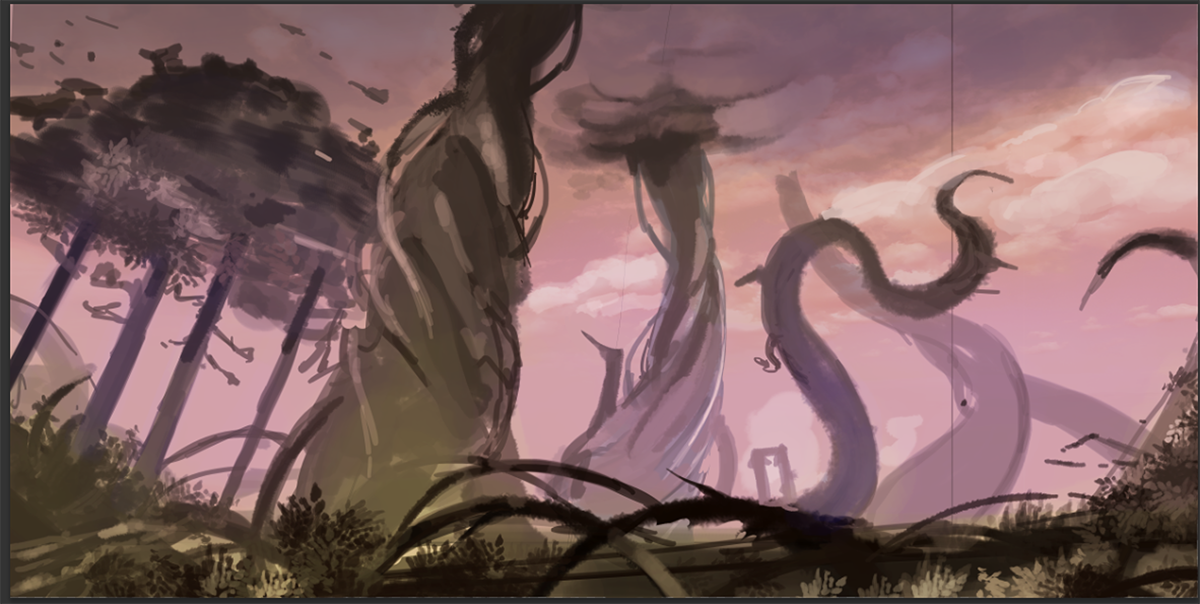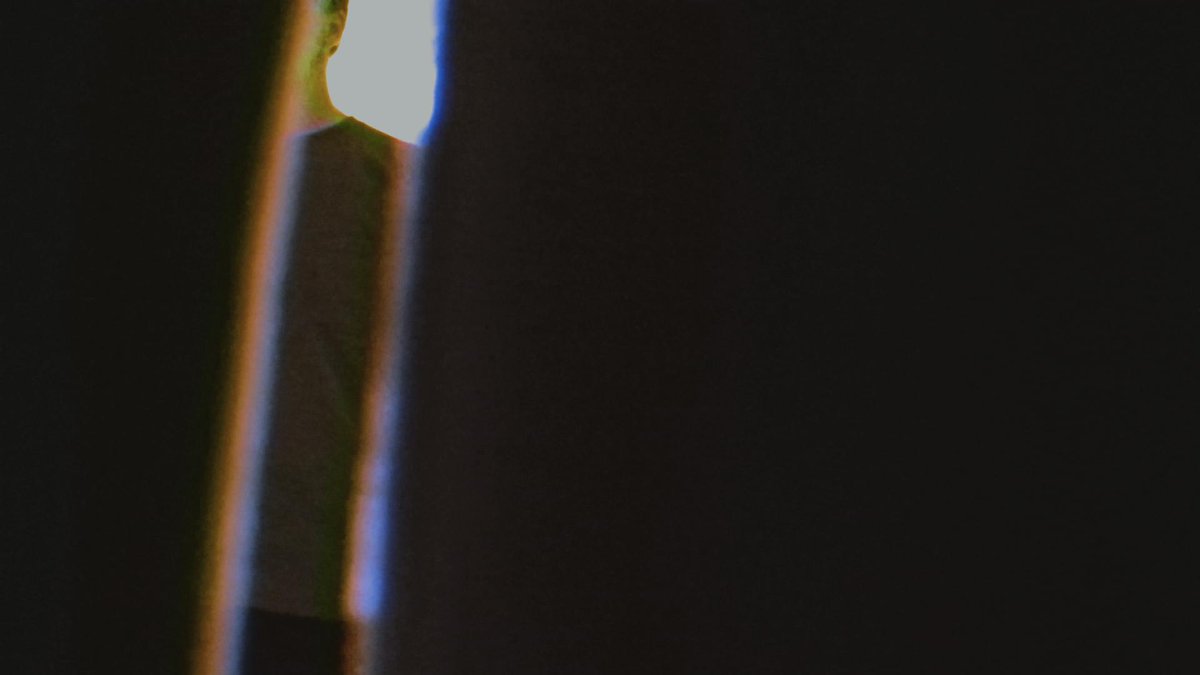Of the blog posts that I have written this past 10 weeks I definitely hold ___% of all statistics… close as one of my favorites and personal bests. This post goes beyond the class discussion about digital data accuracy and digs into the meat of the topic, the human mind. The sources that I bring up are physiological studies on how statistics can be fan-angled into making an audience believe what you want them to believe simply through how data is presented to them. This post takes the position that this is something that should be more readily addressed but at the same time acknowledges the difficulties in dealing with this sort of issue, leaving the reader questioning if there is a solution.
#UnbridledPotential is my other favorite post very much because it actually very much made me actually realize how I actually like Twitter and how useful Twitter can really be. The post starts out with a purely personal Twitter experience and then moves into a discussion about the different ways Twitter is used, ranging from business to publicity to simple everyday chat type tweets. At the end I open the floor up to questions about how their opinions on Twitter have changed as a result of using it for class and doing the live tweet assignment, and it actually resulted in some good responses regarding the usefulness of Twitter for the individual in both a social and business/information spectrum.
This comment on Now Versus Then‘s Where does the value go? does a good job of taking the one or the other question about the future of Civic Media Trends and taking a middle approach. Arguing that while trends die eventually or lose value to their original cause that they can still be of value or at least have had great value for some time is important, a thought that was continued on in the comments after mine.
My comment on A Career Through Viral Videos by DV’s World brings up the fact that as successful as people can become through making viral videos there is still lots of work and luck required to become successful. My comment also(somewhat unintentionally) brings up the fact that with so many successful people in this industry moving on to bigger productions outside of things like YouTube there is always a lot of space being freed up such that new people can get discovered and go viral.

